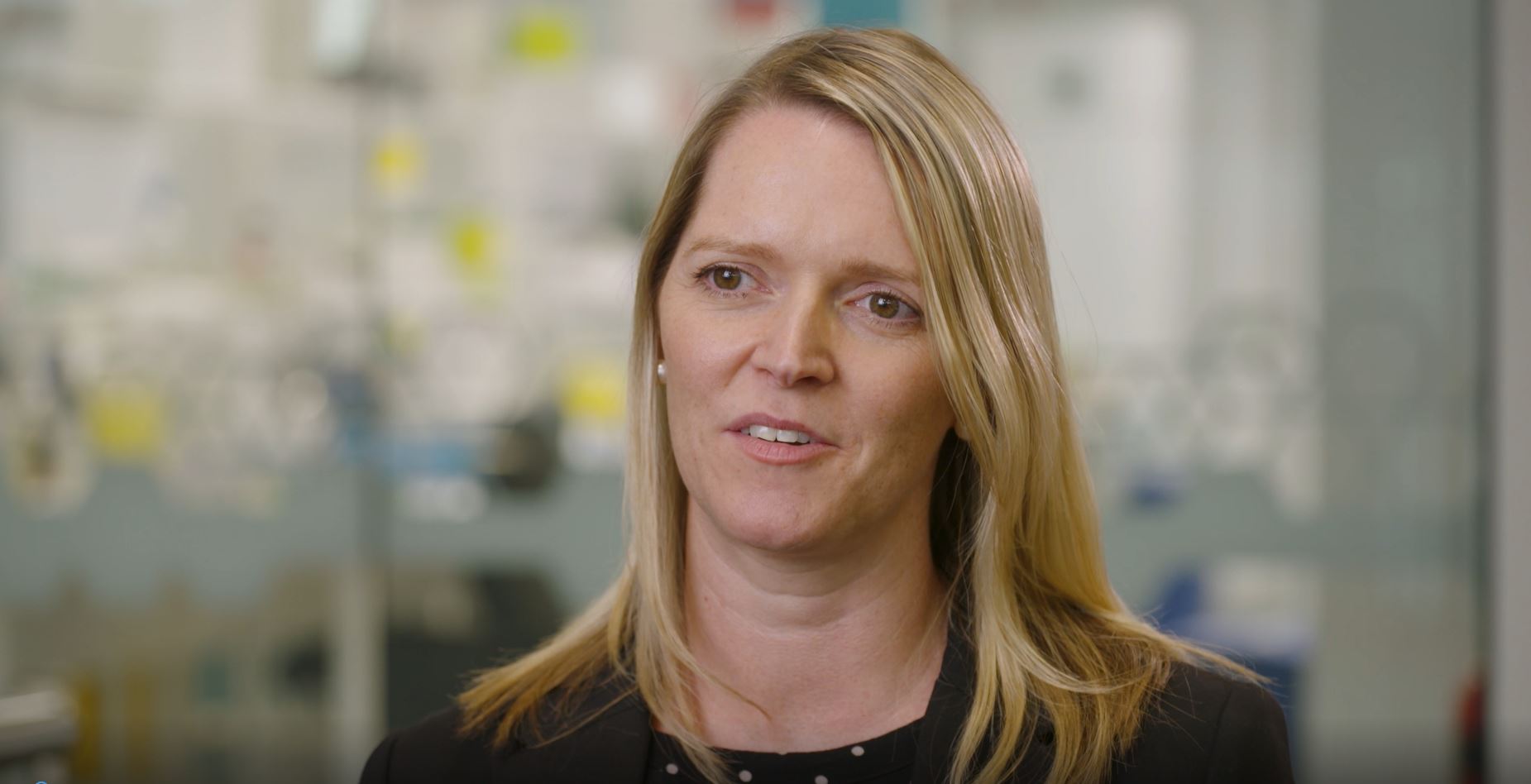Search
Showing results for "Au"

Learn about the findings from the LiLo study.
Accessing the ORIGINS cohort, database or biological samples involves a process of review and approval.

News & Events
2024 Seed Funding Grants now openApplications are now open for our 2024 Seed Funding grants.

Research
The Sibling ProjectThe Sibling Project focuses on the wellbeing, relationships and needs of children, adolescents and emerging adults who have a sibling with a developmental disability.
The Opportunity This is an opportunity for a Senior Research Officer experienced in conducting epidemiological and applied research, grant
The Opportunity CoLab is a partnership between The Kids Research Institute Australia and the Minderoo Foundation. CoLab's mission is to bring
The Opportunity This opportunity is within the Neonatal Research Group at The Kids Research Institute Australia. Our core medical and clinical
The Opportunity The Kids Research Institute Australia is leading the work to end rheumatic heart disease (RHD) as a public health priority for

We are looking for children to take part in an important study that will assess a new treatment designed to prevent ongoing ear infections in kids having grommet surgery.

News & Events
Seed grant preps world-first ear infection prevention therapy for human trialsThe Kids Research Institute Australia has secured a State Government grant to prepare a nasal therapy designed to prevent childhood ear infections for a world-first clinical trial.
